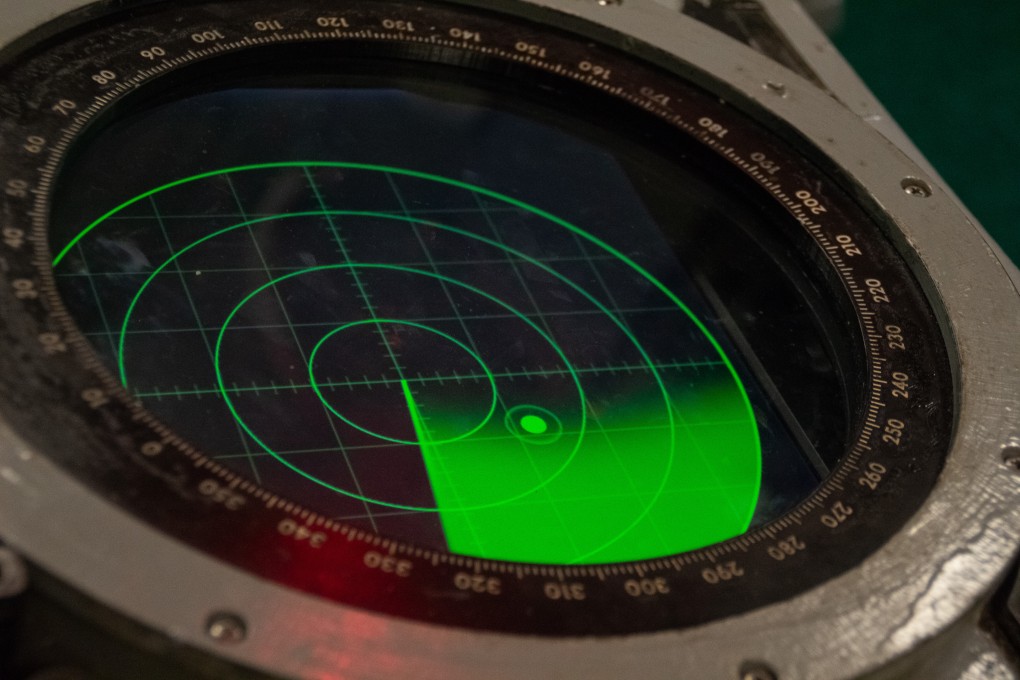Advertisement
Chinese naval scientists say they can use other countries’ military radar to locate, track ships in new research
- Researchers say new technology can use signals from radars, warships or even early warning planes of other countries to track cargo ships
- Set-up uses simple gear such as a laptop and an antenna to disentangle the radar signals of foreign militaries, team says in recent paper
Reading Time:3 minutes
Why you can trust SCMP
88

Stephen Chenin Beijing
Borrowing a blade to slay, an old Chinese proverb, speaks of using another’s weapon against them. Now, scientists from China’s navy say they have applied this ancient wisdom to today’s technology-driven wars.
The team, from China’s eastern Shandong province, says it has developed a technology that could use the signals emitted by the radars, warships or even early warning planes of other countries, to track cargo ships on the high seas. And it only requires simple gear such as a laptop and small antenna.
“The images were clear as day,” wrote Song Jie, a scientist at the PLA Naval Aviation University, in a peer-reviewed paper with his colleagues from Yantai University, both based in the coastal city of Yantai. Their findings were published in the Chinese-language journal Radio Science and Technology on December 20.
This feat was once considered impossible. Since the invention of radar in 1935, only the sender or their allies could use its signals. Using electromagnetic waves to locate targets requires knowledge of detailed physical parameters that are known only to the transmitter – and these are constantly changing.

To outsiders, these signals appear as a tangled mess, and extracting valuable information from them would be like finding a needle in a haystack.
Advertisement